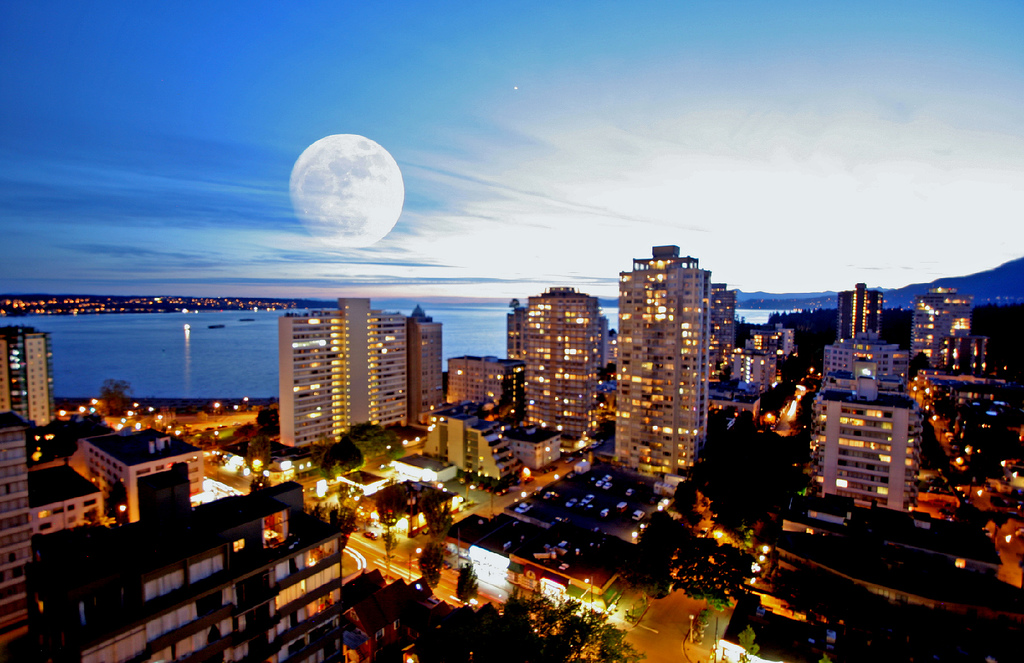
The Vancouver Organizing Committee (VANOC) wants make the 2010 Winter Games carbon neutral, but the plan it released Monday counts on help from the private sector to make it happen.
At the World Conference on Sport and the Environment, VANOC announced a plan to neutralize 300,000 tons of carbon dioxide, mostly through renewable energy and energy efficiency projects in British Columbia. That’s the amount of emissions the February 2010 games will create, according to a preliminary carbon forecast by the David Suzuki Foundation. The forecast expects two thirds of that amount will come from air travel by spectators and participants.
Vancouver isn’t the first city to attempt a carbon neutral Olympics — Salt Lake City and Torino made similar promises. But organizers here say theirs is the broadest attempt yet. The 300,000-tons estimate includes carbon dioxide generated by pre-games construction and the 2010 Paralympic Games, to be held in Vancouver later next spring.
VANOC doesn’t plan to pay for the offsets itself, CEO John Furlong said. Instead, it’s counting on a corporate sponsor to step up just 10 months before the games, long after most sponsorships have been lined up. At current carbon prices of about $15 a ton, meeting the 2010 target would cost about $3.6 million ($4.5 million Canadian), said Linda Coady, vice-president of sustainability for the organizing committee.
Responsibility for executing the offset plan will be placed in the hands of the Pacific Carbon Trust, a newly created corporation that helps oversee the Province of British Columbia’s carbon emissions reduction plan. Organizers said they didn’t know exactly what projects those offsets would support just yet. Coady said they would likely include retrofitting buildings to run on geothermal or biomass heating instead of natural gas, for one.
Carbon offsets are frequently knocked for not actually reducing emissions (even Grist’s Umbra Fisk has weighed in), and Vancouver games organizers conceded there’s a big difference between high- and low-quality offsets. They promised to deliver the good kind. “We think the Pacific Carbon Trust standard is going to be one of the highest standards in the world,” Coady told a group of reporters.
But the plan would not necessarily meet the internationally recognized gold standard for voluntary offsets, she said, because VANOC wanted to ensure it was weighted toward B.C. projects.
Organizers were asked if offsets are really about easing in the consciences of polluters, and Furlong responded that the offset program really “causes people to change behavior.” For example, VANOC officials are traveling less to international meetings and teleconferencing instead, he said.
He promised the 2010 Games would be a shining example of environmental responsibility. “We only get one chance, one opportunity,” he said. “Since we’re in a part of the world that cares a lot about this, we’re doing what we can.”


